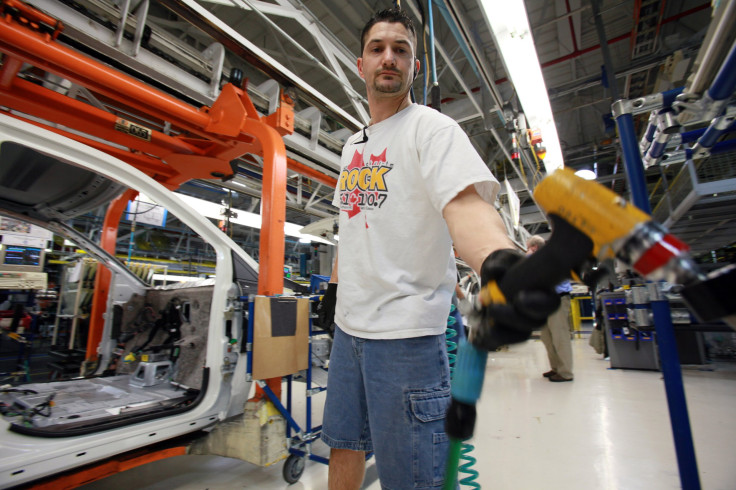Fiat Chrysler Strikes Tentative Deal With UAW Union To Avert Strike

Fiat Chrysler Automobiles (FCA) has reached a tentative deal with the United Auto Workers (UAW) union to avert a strike.
The deal, which has to be approved by the union's membership, was announced shortly after an 11:59 p.m. Wednesday deadline the union had set for the company to agree to a new deal. The terms of the proposed agreement will not be disclosed until after a vote Friday by the union's roughly 40,000 FCA workers.
A statement posted on the union's website said that its National Bargaining Committee had secured “significant gains,” in negotiations with FCA management. It added that the committee voted unanimously to send the proposed deal to local union leaders who make up the union’s UAW National Chrysler Council. The council will meet in Detroit at 11 a.m. Friday to discuss and vote on the agreement. If the deal meets with their approval, details of the agreement will be released to union members, who will vote on whether to accept it.
“We heard from our members, and went back to FCA to strengthen their contract,” said UAW President Dennis Williams. “We’ve reached a proposed Tentative Agreement that I believe addresses our members’ principal concerns about their jobs and their futures. We have made real gains and I look forward to a full discussion of the terms with our membership.”
Selling the deal to its membership, however, may be a challenge for the union. Last week, members overwhelmingly rejected a separate proposal, saying it did not achieve the gains they expected in return for the painful cuts endured to keep Chrysler in business during the recession, according to a Washington Post report. That deal included pay raises, the potential for increased profit sharing, and a $3,000 signing bonus.
A strike at FCA would have been the first in the U.S. auto industry since a one-day stoppage at General Motors in 2007. Such an action would also have significant financial costs for the company. A weeklong strike could cost the company as much as $1.7 billion in revenue and $35 million in net income, Sean McAlinden, chief economist for the Michigan-based Center for Automotive Research, told the Associated Press.
UAW's contract with Fiat Chrysler expired last month.
© Copyright IBTimes 2024. All rights reserved.












